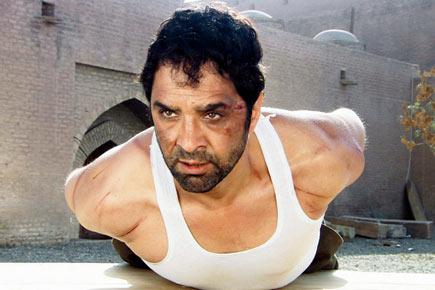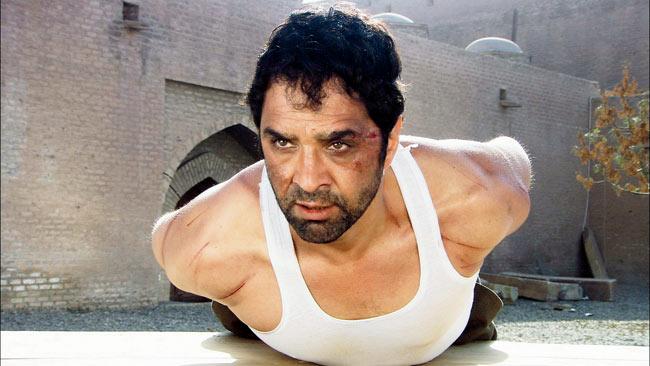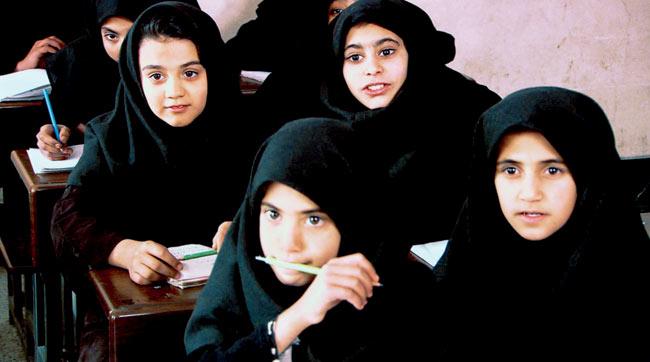Afghan filmmaker Asad Sikandar tells Kareena Gianani why his film, Madrasa, is a global tale of ambition and the fight for justice

Madrasa
Afghani director, action director, producer and actor, Asad Sikandar’s film, Madrasa is about a young Afghan refugee in Iran, who wishes to study, and her father’s quest for justice. The film, which has been banned in Iran, was screened at the New York Film Festival in March and film festivals in Sweden last year. Sikandar, who plays the girl’s father in Madrasa, is no stranger to Bollywood — he produced Bullet Ek Dhamaka (2005) and was line producer for the 2007 Sunny Deol starrer, Kafila. In fact, he picked an Indian crew to film Madrasa in Afghanistan, and will release his film on October 24. Excerpts from the interview:
ADVERTISEMENT

Director and actor Asad Sikandar in the film, Madrasa
Q. After a long career in the action genre, why did you decide to make Madrasa, a social drama?
A. In 2010, I met a 27-year-old doctor in Afghanistan who had been trying to get in touch with me since a few years. When we sat down, she told me a story of a young child, a refugee, who was banned from attending school. The girl’s father protested the injustice, but was jailed. The girl’s family shifted to the UK and they never heard of him again. The doctor broke down at the end of the story and it hit me that it was, indeed, her own. She wished that I made a film on it. I agreed, because this is the story of thousands of Afghan refugee children. I, too, at 17, walked for 23 days from Kabul to Peshawar all alone, for a better life. My journey from Peshawar to Delhi, and then to Germany and later Bulgaria, was an arduous one, and illegal. Many of our children are on narcotics. I was no stranger to that girl’s struggle to get a decent education.

A still from Madrasa
Q. It couldn’t have been easy, making the film...
A. No it wasn’t. I wasn’t filming Madrasa ‘officially’, if I could call it that. I hired an Indian crew because Afghanistan doesn’t have many skilled technicians yet. We filmed amid suicide bombers on the street, mines and other security threats. Afghans are passionate about cinema, especially Bollywood, and films are not an escape for them — they are a way of life. I hope to change things by opening a filmmaking school in Afghanistan. Iran has banned the film, but after the movie was screened in Afghanistan and Germany last year, and talked about in the media, they have begun allowing Afghan refugees to study in schools.
Q. What’s your vision for Madrasa, and your future projects?
A. I am keen on its India release because Bollywood is not all that matters anymore. I want to show this country a side to Afghanistan that is not very different from its own struggles with education and women’s issues.
My next Hindi-Afghan film, Bin Bulaye Taliban, releases next year. Afghans love Indian films and television — in fact, our mullahs changed prayer time so they could watch the famous soap Kyunki Saas Bhi Kabhi Bahu Thi. So, I am positive of these two films doing well.
 Subscribe today by clicking the link and stay updated with the latest news!" Click here!
Subscribe today by clicking the link and stay updated with the latest news!" Click here!






